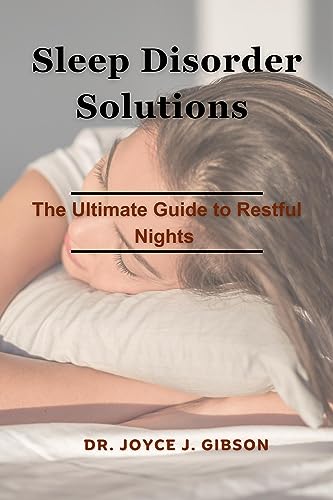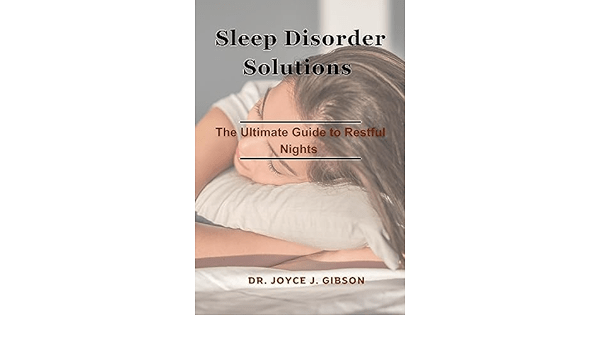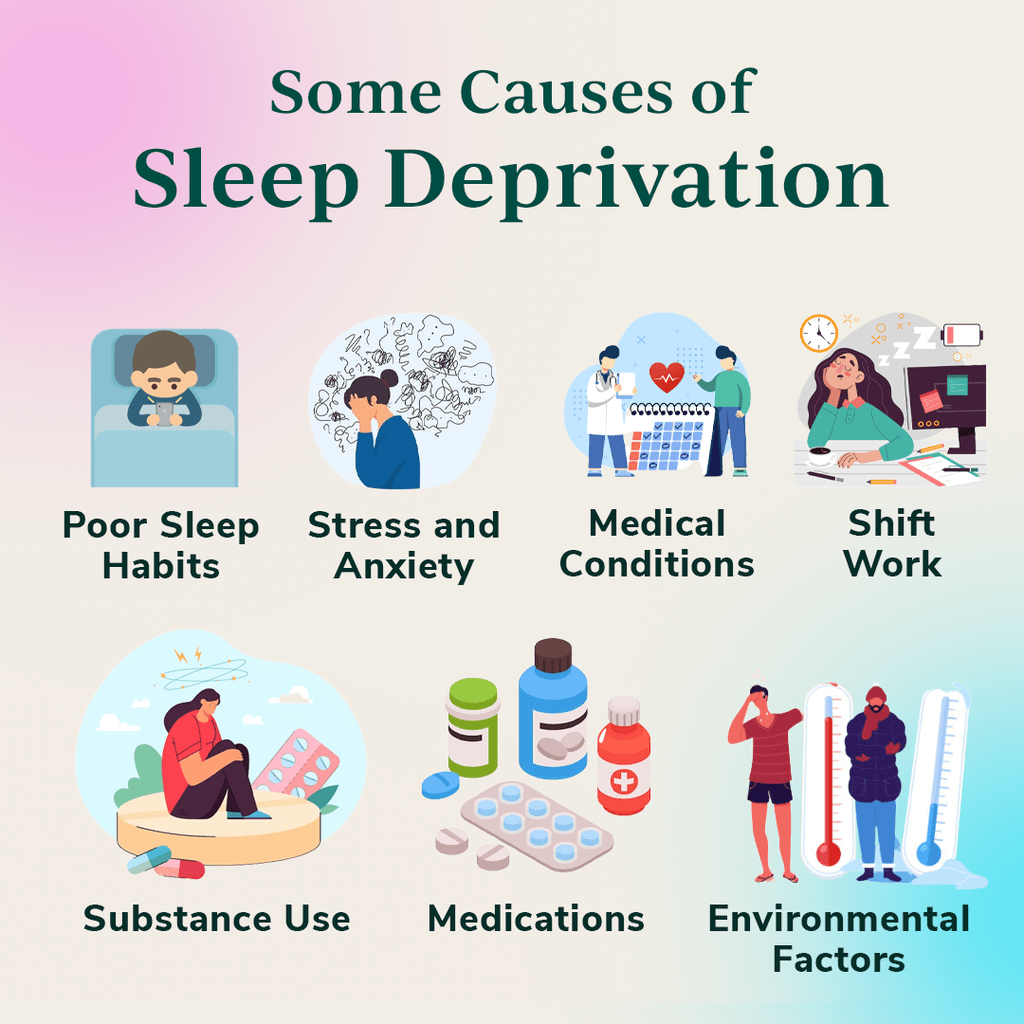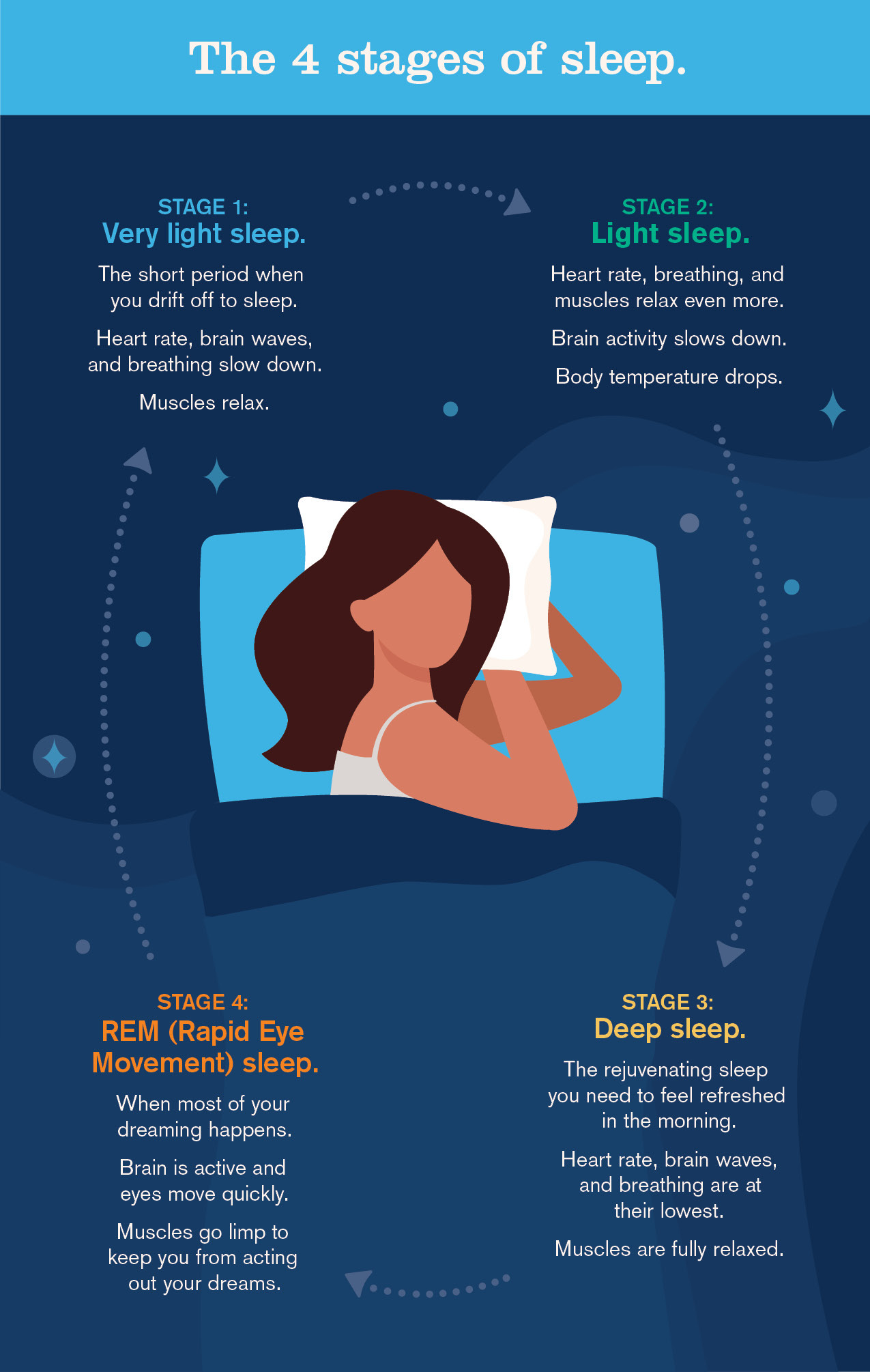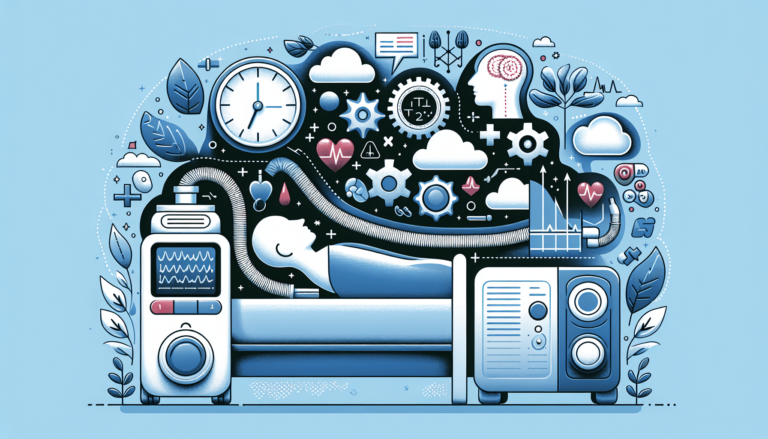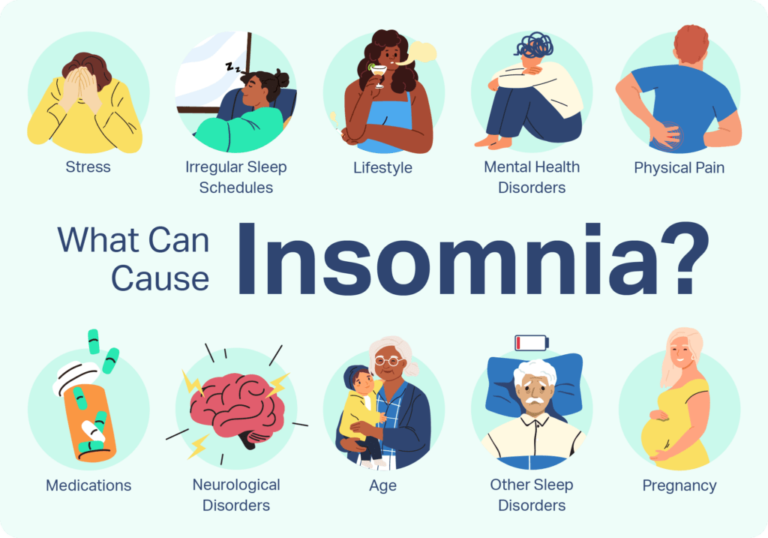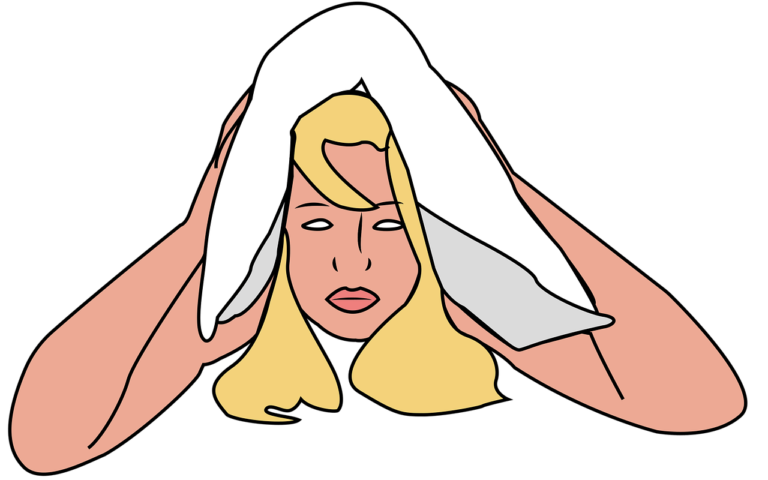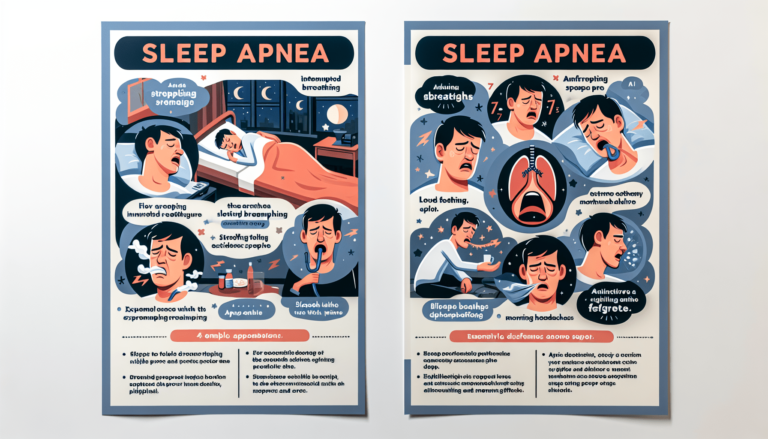Understanding Sleep Disorders: A Guide to Restful Nights
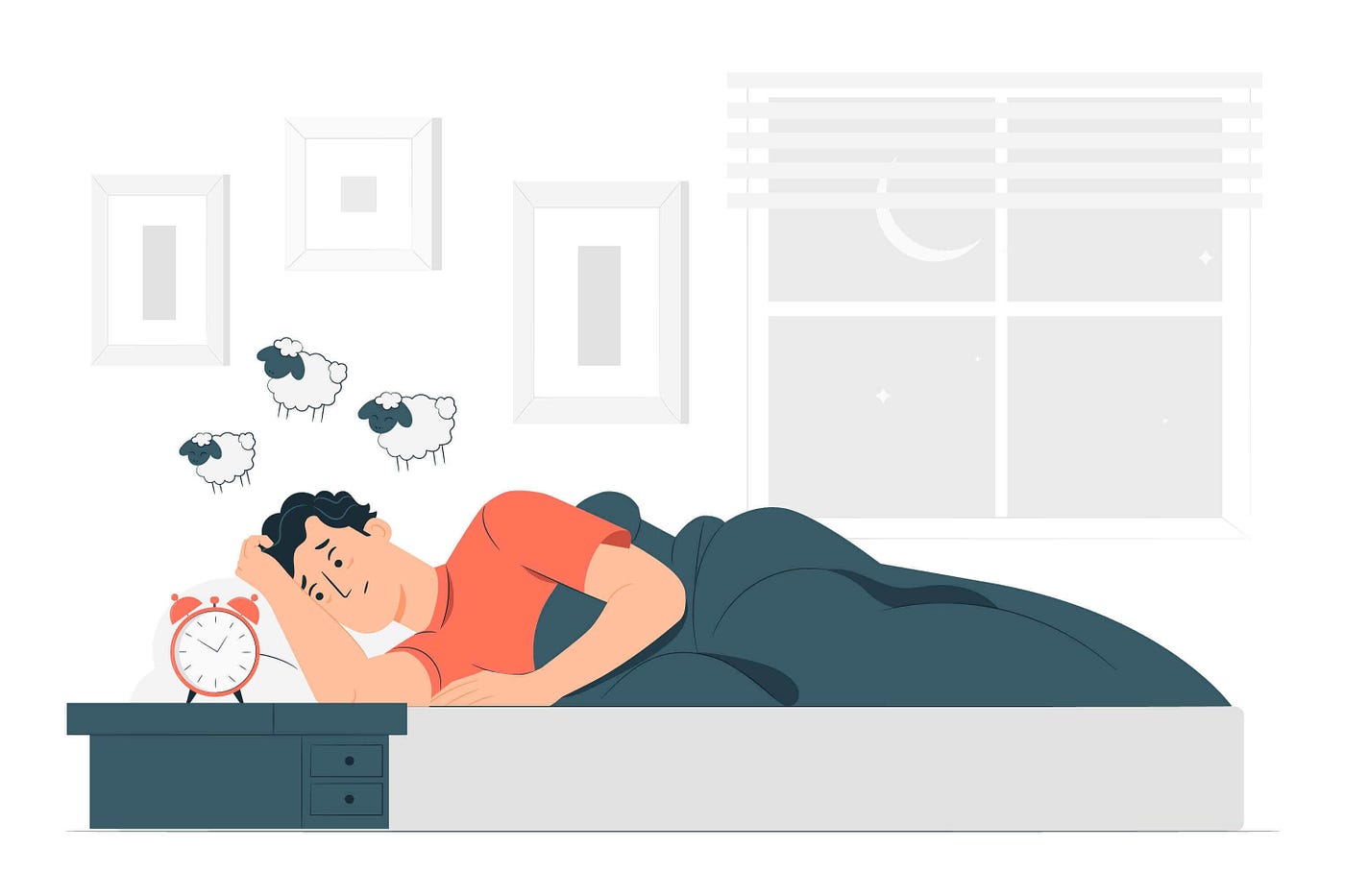
Have you been struggling to get a good night’s sleep? Are you tired of feeling exhausted and groggy throughout the day? Look no further, because understanding sleep disorders and finding solutions for restful nights is our expertise at Vector Sleep Clinic. In today’s fast-paced world, sleep disorders have become increasingly common, and they can have serious consequences on your health and well-being. From insomnia to sleep apnea, these disorders can lead to a range of health issues such as heart attacks, strokes, and high blood pressure. That’s why it’s crucial to consider completing a sleep study to diagnose and treat any potential sleep disorders. At Vector Sleep Clinic, we offer comprehensive care, providing you with the tools and support you need to unlock the magic of restful nights. Let us help you rediscover the power of uninterrupted sleep and wake up feeling refreshed and rejuvenated.
Overview of Sleep Disorders
Sleep disorders are a common issue that many people face, and they can have a significant impact on both health and daily functioning. These disorders can manifest in various forms, each with its own set of symptoms and causes. Understanding sleep disorders is essential for identifying and addressing any underlying issues that may be affecting your sleep.
Definition and types of sleep disorders
Sleep disorders refer to conditions that disrupt the normal sleep patterns and can prevent you from getting the rest you need. There are several different types of sleep disorders, including insomnia, sleep apnea, restless leg syndrome (RLS), narcolepsy, hypopnea, and circadian rhythm disorders. Each of these disorders presents its own unique challenges and requires specific treatment approaches.
Common symptoms and causes
Sleep disorders can manifest in a variety of ways, with symptoms ranging from difficulty falling asleep or staying asleep, excessive daytime sleepiness, and restless legs, to more serious conditions such as frequent pauses in breathing during sleep or sudden sleep attacks during the day. These symptoms can be caused by a myriad of factors, including lifestyle choices, underlying medical conditions, medications, and even genetic predispositions.
Impact on health and daily functioning
The effects of sleep disorders can extend beyond the bedroom, impacting various aspects of your life. Sleep deprivation resulting from these disorders can lead to physical and mental health issues such as fatigue, impaired cognition and concentration, increased risk of accidents, compromised immune function, mood disturbances, and a higher likelihood of developing chronic conditions such as obesity, diabetes, and cardiovascular disease.
The Importance of Sleep
Understanding the importance of sleep is crucial for recognizing the significance of addressing sleep disorders. Sleep is not just a passive state; it is a complex process that involves multiple stages and cycles.
Understanding sleep cycles
Sleep occurs in cycles, with each cycle consisting of different stages, including light sleep, deep sleep, and REM (rapid eye movement) sleep. These stages serve different purposes, such as physical and mental restoration, memory consolidation, and dreaming. Disruptions in these cycles, often caused by sleep disorders, can prevent you from experiencing the restorative benefits of sleep.
Physical and mental benefits of restful sleep
Restful sleep plays a vital role in maintaining overall health and well-being. It helps to promote physical rejuvenation, allowing for the repair of tissues and organs, muscle growth, and hormone regulation. Furthermore, sleep facilitates optimal brain function, supporting cognitive processes such as attention, memory, and learning. Adequate sleep is also essential for emotional and mental well-being, contributing to improved mood, stress resilience, and mental clarity.
Consequences of sleep deprivation
Without sufficient sleep, your body and mind are unable to function properly. Sleep deprivation can lead to a host of negative consequences, including decreased cognitive performance, impaired judgment, reduced productivity, mood disturbances such as irritability and depression, increased risk of accidents and injuries, compromised immune system function, and an elevated risk of developing chronic conditions such as obesity, diabetes, and cardiovascular disease.
This image is property of Amazon.com.
Common Sleep Disorders
There are several common sleep disorders that people may experience. Understanding their symptoms and effects can help in identifying and addressing these issues.
Insomnia
Insomnia refers to difficulties falling asleep or staying asleep, resulting in a lack of restful and quality sleep. It can be caused by various factors, including stress, anxiety, medical conditions, medications, and poor sleep habits. Insomnia can significantly impact daily functioning and overall well-being, leading to daytime fatigue, diminished cognitive performance, and an increased risk of accidents.
Sleep Apnea
Sleep apnea is a potentially serious disorder characterized by frequent interruptions in breathing during sleep. This occurs when the muscles in the throat temporarily collapse, leading to a blockage of the airway. These interruptions can result in fragmented sleep, loud snoring, daytime sleepiness, and an increased risk of cardiovascular problems.
Restless Leg Syndrome (RLS)
Restless Leg Syndrome is a neurological condition characterized by uncomfortable sensations in the legs, causing an irresistible urge to move them. These sensations are often worse at night, leading to difficulty falling asleep or staying asleep. RLS can significantly disrupt sleep patterns and may result in daytime fatigue and impaired quality of life.
Narcolepsy
Narcolepsy is a neurological disorder that affects the regulation of sleep-wake cycles. People with narcolepsy experience excessive daytime sleepiness and may have sudden, uncontrollable sleep attacks during the day. Other symptoms may include cataplexy (sudden loss of muscle tone), hallucinations, and sleep paralysis. Narcolepsy can significantly impact daily functioning and increase the risk of accidents.
Hypopnea
Hypopnea refers to the partial collapse or narrowing of the airway during sleep, resulting in partially reduced airflow and disturbed breathing. It is often associated with sleep apnea and can lead to similar symptoms such as loud snoring, daytime sleepiness, and decreased oxygen levels in the blood.
Circadian Rhythm Disorders
Circadian rhythm disorders occur when there is a mismatch between a person’s internal body clock and the external environment’s light-dark cycle. Shift work sleep disorder and jet lag are examples of circadian rhythm disorders that can lead to sleep disturbances, excessive daytime sleepiness, and impaired performance.
Advanced Sleep Issues
While the aforementioned sleep disorders are relatively common, there are also more advanced sleep issues that some individuals may experience.
Kleine-Levin Syndrome (KLS)
Kleine-Levin Syndrome, also known as KLS or “Sleeping Beauty Syndrome,” is a rare neurological disorder characterized by recurrent episodes of excessive sleepiness that can last for days, weeks, or even months at a time. Individuals with KLS may also experience cognitive and behavioral changes during these episodes, including irritability, hypersexuality, and compulsive eating.
Parasomnias
Parasomnias refer to abnormal behaviors and experiences that occur during sleep. These can include sleepwalking, sleep talking, night terrors, and sleep-related eating disorders. Parasomnias can disrupt sleep and may disturb the sleep of bed partners, potentially leading to various negative consequences.
Sleep-related Movement Disorders
Sleep-related movement disorders involve involuntary movements during sleep, such as periodic limb movements and restless leg syndrome. These movements can disrupt sleep and lead to difficulty falling or staying asleep, resulting in daytime fatigue and impaired quality of life.
This image is property of Amazon.com.
Diagnosing Sleep Disorders
If you suspect that you may have a sleep disorder, it is essential to seek professional help for an accurate diagnosis. There are various signs that may indicate the need for a sleep study, which can provide valuable insights into your sleep patterns and identify any underlying issues.
Signs you might need a sleep study
Some common signs that may indicate the need for a sleep study include loud and chronic snoring, pauses in breathing during sleep, excessive daytime sleepiness, sudden awakenings accompanied by gasping or choking, restless legs, and unexplained insomnia or difficulty sleeping.
Types of sleep studies and assessments
There are different types of sleep studies that can be conducted, depending on the suspected sleep disorder. These studies may involve monitoring various physiological parameters during sleep, such as brain waves, heart rate, breathing patterns, and oxygen levels. Additionally, clinicians may use questionnaires and interviews to assess your sleep habits, lifestyle factors, and medical history.
Understanding the results
Once the sleep study is complete, the results will be analyzed by sleep specialists. They will interpret the data collected during the study, looking for abnormalities and patterns that may indicate the presence of a sleep disorder. The results will help guide the development of a personalized treatment plan tailored to address your specific needs.
Treatment Options
Fortunately, many treatment options are available for sleep disorders, ranging from lifestyle modifications to medical interventions. The appropriate treatment approach will depend on the specific disorder and its underlying causes.
Lifestyle and behavior changes
In many cases, making simple changes to your lifestyle and sleep habits can significantly improve sleep quality and reduce the severity of sleep disorders. These changes may include establishing a regular sleep routine, creating a sleep-friendly environment, avoiding stimulants and heavy meals before bedtime, and engaging in relaxation techniques to reduce stress and anxiety.
Medications
Medications may be prescribed to help manage sleep disorders, particularly in cases where behavioral changes alone are insufficient. Various types of medications may be used, including sleep aids, anti-anxiety medications, antidepressants, and medications specifically targeting the underlying causes of the sleep disorder.
Continuous Positive Airway Pressure (CPAP) for sleep apnea
For individuals with sleep apnea, Continuous Positive Airway Pressure (CPAP) therapy is a common treatment option. CPAP involves wearing a mask connected to a machine that delivers a continuous flow of air pressure, effectively preventing the airway from collapsing during sleep. This can significantly improve breathing and reduce the frequency of interruptions in breathing, leading to better quality sleep.
Surgery options for severe cases
In severe cases of sleep apnea or certain anatomical abnormalities causing sleep disorders, surgical interventions may be considered. Surgical options can help to correct structural issues, such as removing excess tissue or repositioning the jaw or tongue, which may be obstructing the airway.
Alternative and complementary therapies
Alternative and complementary therapies, such as acupuncture, chiropractic care, herbal supplements, and relaxation techniques like meditation or yoga, may be beneficial in managing certain sleep disorders. While research on their efficacy is ongoing, some individuals find relief and improved sleep through these approaches.
This image is property of miro.medium.com.
Improving Sleep Hygiene
Maintaining good sleep hygiene is essential for optimizing sleep quality and addressing sleep disorders. Establishing healthy habits and creating an environment conducive to restful sleep can have a significant impact on your overall well-being.
Creating a sleep-friendly environment
Ensure that your sleep environment is comfortable, quiet, and cool. Use blackout curtains or an eye mask to block out excess light, and consider using earplugs or a white noise machine if external noises are disrupting your sleep. Additionally, invest in a supportive and comfortable mattress and pillows to promote better sleep posture.
Routine and lifestyle adjustments
Establishing a regular sleep schedule and sticking to it can help regulate your body’s internal clock and promote better sleep. Avoid stimulating activities, such as using electronic devices, exercising, or consuming caffeine or alcohol, close to bedtime, as these can interfere with the ability to fall asleep. Engage in relaxing activities before bed, such as reading or taking a warm bath, to signal to your body that it’s time to wind down.
Dietary considerations
What you eat and drink can impact your sleep quality. Avoid heavy, spicy, or fatty meals close to bedtime, as these can cause discomfort and indigestion. Limit your intake of caffeine and nicotine, as these stimulants can interfere with sleep. Additionally, be mindful of your alcohol consumption, as while it may initially make you feel sleepy, it can disrupt the quality of your sleep later in the night.
Challenges in the Way of Restful Sleep
Several challenges in modern life can hinder attempts to achieve restful sleep. Being aware of these challenges and implementing strategies to mitigate their impact is essential for promoting healthy sleep habits.
Stress and anxiety
Stress and anxiety can have a significant impact on the ability to fall asleep and stay asleep. Finding effective coping mechanisms for managing stress, such as practicing relaxation techniques, engaging in regular physical activity, and seeking support from loved ones or professionals, can help alleviate these effects.
Technology and blue light exposure
The use of electronic devices, such as smartphones, tablets, and computers, before bed can disrupt sleep by emitting blue light, which suppresses the natural production of melatonin, a hormone that regulates sleep. To combat this, establish a digital curfew and limit screen time before bed. Consider using blue light-blocking glasses or apps that filter blue light from devices if you need to use them closer to bedtime.
Irregular schedules and work demands
Shift work, irregular schedules, and demanding workloads can disrupt the body’s natural sleep-wake rhythm, making it challenging to establish a consistent sleep routine. If possible, try to prioritize regular sleep patterns and create a sleep schedule that aligns with your body’s natural circadian rhythm. Implement strategies to wind down and prepare for sleep, even if the timing is unconventional for your work schedule.
This image is property of cdn.shopify.com.
Special Considerations for Different Populations
Sleep disorders can affect various populations differently, and understanding these unique considerations is crucial for effective management.
Sleep disorders in children and adolescents
Children and adolescents may experience sleep disorders such as nightmares, night terrors, sleepwalking, and sleep apnea. These disorders can impact growth, development, academic performance, behavior, and overall well-being. Parents should pay attention to their child’s sleep habits, address any concerns promptly, and consult with healthcare professionals if necessary.
Sleep issues during pregnancy
Pregnancy can bring about various sleep challenges due to physiological changes, discomfort, hormonal fluctuations, and anxiety. Common sleep issues during pregnancy include frequent urination, back pain, heartburn, and difficulty finding a comfortable sleep position. Practicing good sleep hygiene, using pregnancy-supporting pillows, and maintaining a healthy lifestyle can help alleviate these challenges.
Aging and sleep
As we age, our sleep patterns change. Older adults may experience difficulties falling asleep, staying asleep, and achieving deep, restorative sleep. Factors such as underlying health conditions, medication side effects, and changes in hormone levels can contribute to these issues. Maintaining good sleep hygiene, addressing sleep disorders promptly, and seeking medical guidance can help mitigate sleep challenges in older adults.
Moving Forward: Tips for Better Sleep
Improving sleep quality requires proactive steps and a commitment to making changes in your routine and habits. Consider implementing the following tips to help achieve better sleep:
Maintaining a sleep diary
Keeping a sleep diary can help track your sleep patterns, habits, and any factors that may affect your sleep quality. It can provide valuable insights when discussing your sleep concerns with healthcare professionals and assist in identifying patterns or triggers that may be contributing to your sleep disorder.
When to seek professional help
If you have persistent sleep issues that significantly impact your daily life, it is important to seek professional help. Sleep specialists can conduct evaluations, diagnose sleep disorders, and provide personalized treatment options. Do not hesitate to consult with a healthcare professional who specializes in sleep medicine if you suspect you have a sleep disorder.
Setting achievable sleep goals
Establishing achievable sleep goals is crucial for improving sleep quality. Aim for a consistent sleep schedule, prioritize getting enough sleep each night based on your individual needs, and make adjustments to your lifestyle and habits to support these goals. Remember that quality and quantity of sleep are equally important for optimal health and well-being.
In conclusion, understanding sleep disorders and their impact on health and daily functioning is essential for addressing these issues effectively. By adopting healthy sleep habits, seeking professional help when necessary, and implementing appropriate treatment options, you can improve your sleep quality and overall well-being. Don’t underestimate the importance of a good night’s sleep – prioritize your sleep, and unlock the power of uninterrupted rest.
This image is property of www.mobeforlife.com.

